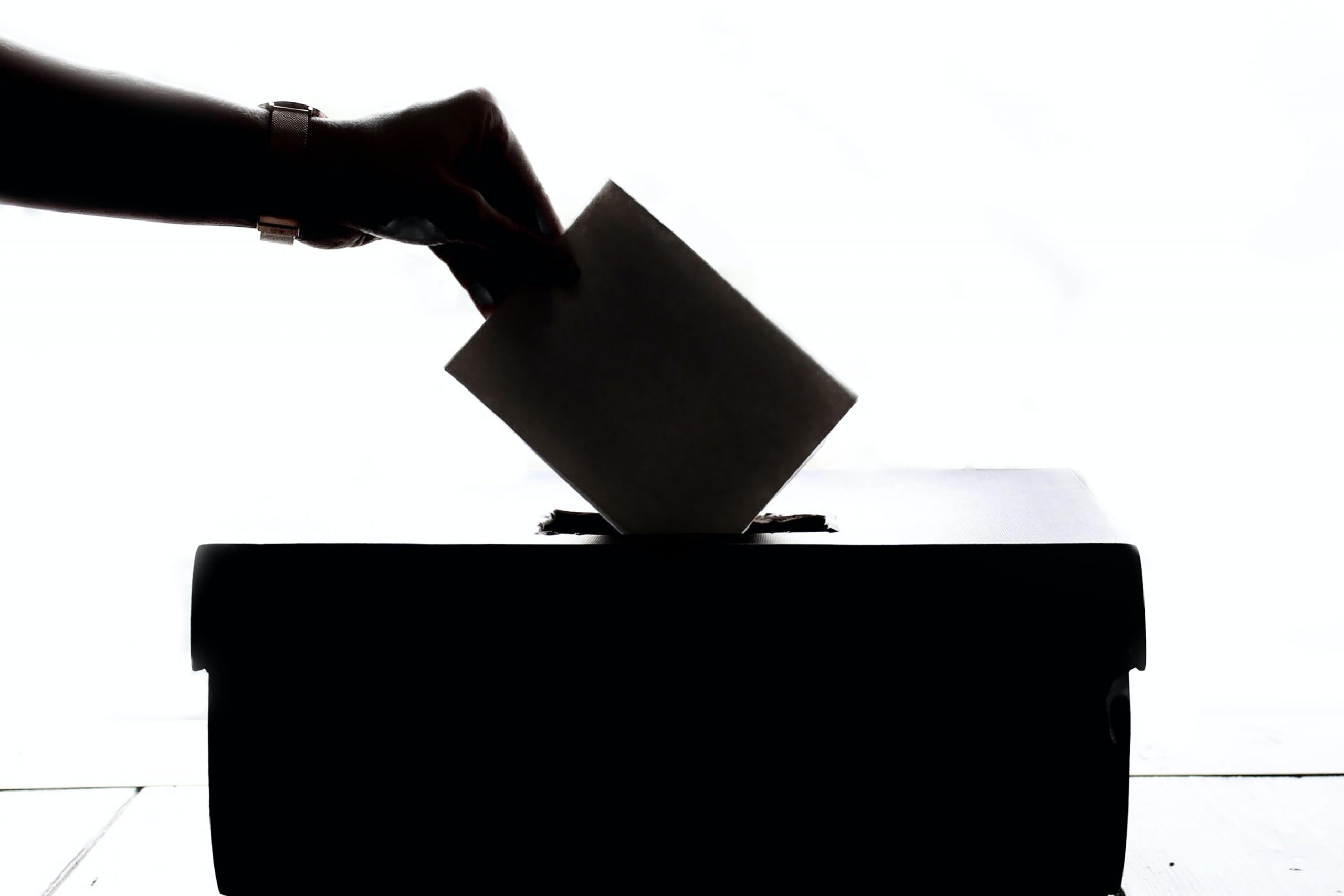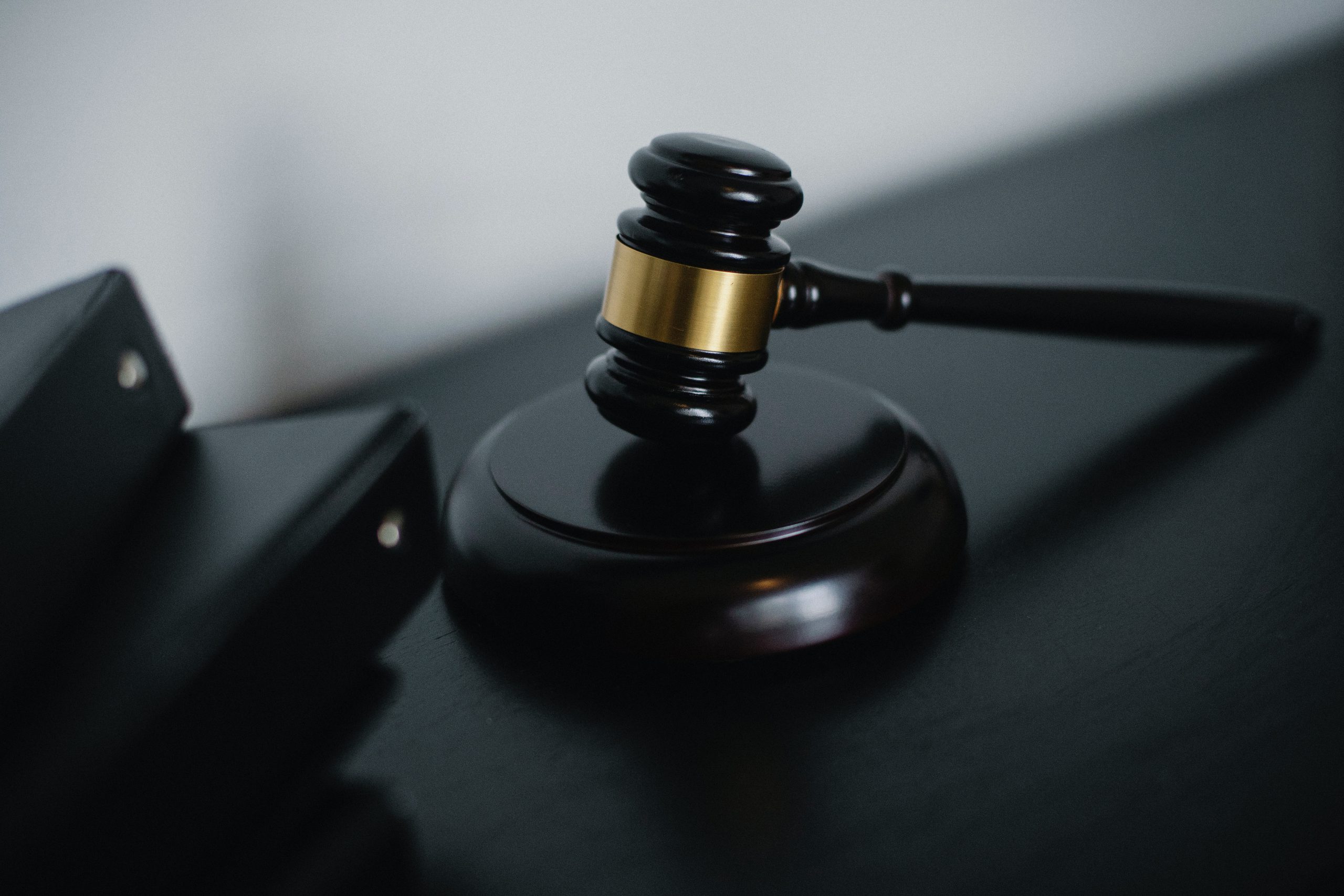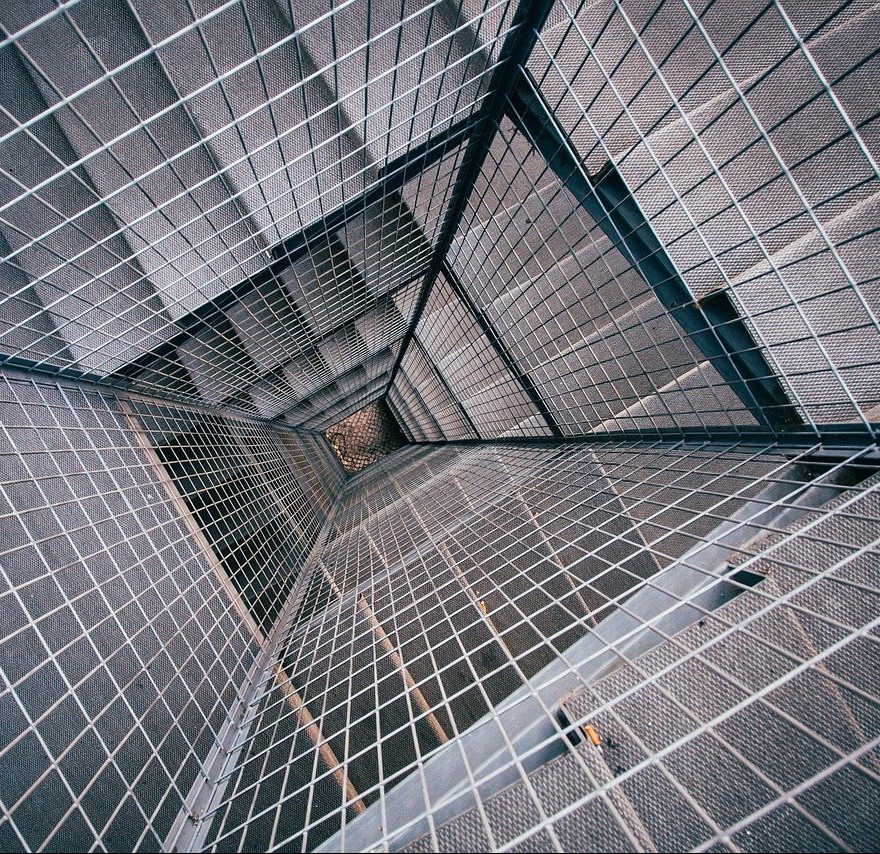WELCOME to the PARTICIPATION
Did you know that the Spanish Constitution sets in the article 1 CE that Spain is constituted as a Social and Democratic Estate of Law?
… And what does this mean?
Diferent things * :

Social Estate
The Liberal estate of the XIX and XX centuries had the objective to guaranty Peace and Security in the optimum society, despite it collided against the “irrationality” of a few that lead to extreme poverty of others. In the mid 20th century, a new principle of Social Estate began to be applied, which entailes that the Estate has to take the initiative to guaranty to the citizen much more than peace and security. The Estate acquires a compromise and obligation to satisfy some benefits and the citizen has the right to claim those benefits and guaranties. New policies get developed in order to solve and eradicate poor life conditions. Today, the Estate is obliged to some guaranties:
- Public Health
- Pensions system
- Unemployment benefits
- Family protection
- Occupation aid
- Professional Development
- Programmes of income redistribution
The article 9 CE details that the public powers have to:
- Promote the conditions so that freedom and equality are real and effective.
- Remove the obstacles.
- Facilitate the participation of all the citizens in the political, economical, cultural and social life.

Democratic Estate
- Popular Sovereignty: article 1.2 CE. The ownership of the public powers does not lye on the king, but on the Spanish people, which use two different mechanisms of participation (mentioned in the following point), to exercise the National Sovereignty.
- Political Plurality and Social Participation: citizens mechanisms of participation into the public life which allow the exercise of National Sovereignty. There are two types:
Direct or Semi-Direct Participation
- Legislative Popular initiative (art. 87.3 CE) for the proposal of laws
- National Referendum (consultative, constituent or autonomic)
- Right of Petition to the Chambers (art. 20 and 77 CE)
- Popular Action to put forward cases in the courts (art. 125 CE)
- Courts (art 125 CE)
Indirect Participation
- Political Parties (art. 6 CE)
- Syndicates (art.7 CE)
- Business Associations (art. 7 CE)
- Associations (art. 22 CE)

Law Estate
- There shall be separation of the 3 powers as it was designed in the French Revolution: the Legislative (The Chambers, with the Members of Parliament and the Senate chambers), the Executive (Government and Administration) and the Judicial (Courts of different instances). In practice, there is an interdependence between the public powers and the organisation by Autonomic Communities that do not help the purpose.
- Legality Principle: article 9.1 CE. All the citizens are subject to the law, arbitrariness is not acceptable, there are judicial and ethical limitations to the capacity of action of the public powers, equally subject to the Constitution.
- Recognition and protection of Human Rights: article 10 CE. Dignity of the person, free development of character, ...as the basis for the political order and peace.
* according to publication “Auxiliars Administratius-Temari 1- Corporacions Locals”, Centre d’Estudis Adams, 2020
LAWS IN WHICH I HAVE BASED THE DESIGN OF THE VERY SERIOUS CAMPAIGN TO ACHIEVE SUSTAINABILITY THROUGH THE CITIZENS PARTICIPATION IN THE ISSUE OF THE ENERGY SOVEREIGNTY (I am trying to solve a very big problem that we all have, if you can think of other laws that can become tools to promote the access to the energy sovereignty and sustainability, please let me know at nuria@sunon.cat and I will try to increase the tools and functionalities as much as I can):
1-The Spanish Constitution, en especial, articles 29 i 53
2-The Petition Right set in Organic Law 4/2011, of 12 of November, specifically, articles 7 a 12
3-Royal Decree 951/2005, of 29 July, in which becomes established the general framework for the improvement of quality in the General Administration of the Estate
4-Law 39/2015, of 1 October, about the Common Administrative Procedure in the Public Administrations
So then, do we have the Right to impel and build the Sunon?




Yes
FIRST PREMISE: PRACTICALITY
We all have to put a plate on the table. To give work and knowledge for free is not in the practical and competitive parameters of a capitalist economy of production and consumption. The definition of practical is made by the economical context that prevails in a specific territory, since in a communist society, being practical is being a communist, and in a capitalist society, being practical is being a capitalist. In a system like ours, altruism is not practical, maybe in a near future it will be.
SECOND PREMISE: REALITY
In the other hand, the cooperative economy, that is based on altruism, it can also be corruptible, like all the best ideas in the world and lead to the individual freedoms upon which the democratic structures are based, to remain saturated by endless debates, confusion and provoked immobility.
Unfortunately, the immobility is a benefit searched actively in politics, law, administration, economy and many other fields. It is part of the functional rhetoric to block people in the exercise of their rights, no matter the contextual economical structure. Altruism, as it is not practical, generates the exact opposite, which is the immobility for convenience. On top of that, if there are active saturating agents, this immobility becomes chronicled.
Who overcomes this state of immobility and jumps towards the impracticality of altruism, is because his/her rationality is already saturated from seeing things that do not work well, can be done better and asks him/herself: “can I help for things to be done better?, no!… I am only one person!…can you imagine?…no, I don‘t believe it… I am only one person“…up until being one person does not matter any more, but what does it mean to exist as a person.
Altruism is not realist (however, it exists and has economic, legal, international and administration structures, as much as real detractors). Immobility is in fact realist, because it is easy and practical. People with creativity are the annoying fly to immobility, because we do not attain ourselves to the imposed practical principles (definition of practical from the economic system that prevails in the immediate environment), nor we remain quiet, and we make a lot of noise, nor it is more important to us the realism of reality than the realism of our hopes.
… Heresy?
THIRD PREMISE: DUALITY
In light of this, how do we balance it? Well, like the glass that is half full or half empty, both truths coexist at the same time, creating a third truth: that the volume of water is the same in both opinions, the only difference is the way we look, if it is either optimist or pessimist, but in neither case, our feelings cannot physically alter the real volume of the water that there is in fact in the glass, therefore, they are both true.
And a fourth truth: that the volume of water can be measured and adapted, as much as our way of seeing as well. And a fifth truth: that is an artificial scenario with our ways of seeing as the object of study.
Surely many more truths could be extracted from something as simple as a cup with some water inside, but I wish to focus on the third one because it talks about the material world: Reality and dream coexist, practicality and impracticality as well, coherence and incoherence…and amongst all the people who participate in the social and public life, who debate and vote, this functional equilibrium so much needed, is achieved.
This project has been published for considering that we are a prepared and alert society. It is not blind faith in humanity, as we all know we are not perfect and that is what join us together. It is not romantic idealism, that loves very big lost causes and heads blindly towards immortalisation. It is not revolting imagination, that plays for the sake of pure curiosity. It is science, pure empiric fact, in Barcelona, August 2021.
How can I demonstrate that is empiric? At this moment, the idea has already a name, a web domain, a style book, a philosophy, a functional prototype and a campaign that has come up from only one person, with full understanding that I cannot mother an idea of such nature. Based on the idea of the coexistence of opposing truths, the opposing idea already exists.
Which truth is more practical today, the Sunon one or the coexistent?
Which truth will be more practical in 100 years, the Sunon one or the coexistent?
FOURTH PREMISE: SYNCHRONY
Economical, political and social systems do not get changed overnight. They are constructions resulting from synchronic consciences that have been evolving in a space through the passing of time. Consciousness, space, time and synchrony.
The Consciousnesses of Freedom and Equality, the basis for Democracy, have been developed since the French Revolution. The Consciousness of Social Welfare started around the sixties in different European countries (France, Germany, Britain, Spain, …). The Consciousness of Respect towards the Environment and Sustainable development, if you remember when it all started it means you were synchronised, if you do not remember, you might have not been synchronised or might have been very young then.
The space is here, in our neighbourhoods, since we know them well and know how many hours of sun we have in a winter day or in a summer day or if a mountain or the building in front casts a shadow on us. We know well the little corners of our neighbourhoods and how the sunlight falls, where is the public bench to sit down where there is a shadow in the summer, or the public fountain that will provide hot water or cold water. We know the structure of the building where we live, we know if the wall insulation installed is good, or in winter we realise is of very poor quality. We know if the terrace in our building can be walked onto, if it would sustain the weight of photovoltaic panels or everything would collapse. We know if the glass in our windows is double-glassed or not, if it is Eco glass or not. We know the jacaranda tree at the square of Riera de Sant Miquel flowers in May and casts a shadow until it looses the leaves in autumn. We know the light, the warmth of out vital spaces. Empiricism, pure vital empiricism. Then, why do we not value all this knowledge?, because we do not hold a PhD or Engineer degree?, maybe your knowledge would help the specialist to design better projects. Only if we would talk more.
The time is now. Let’s start designing how we are going to provide for the basics of tomorrow, just in case the new tyrants of the future are the energetic giants, caused by our immobility today.
The synchrony is decided by each person, in their space, time and consciousness. When the synchrony happens, is when change is possible, and is marvellous to be part of history.
I leave the Sunon project onto the hands of the neighbourhood and Councils of Catalonia that wish to study and develop the idea, altogether with the professionals qualified and the citizens. The equilibrium will be found in the synchrony of consciousnesses, space and time.
PHILOSOPHERS IN WHICH I HAVE BASED THE DESIGN OF THIS CAMPAIGN TO ACHIEVE THE SUSTAINABILITY THROUGH THE CITIZENS PARTICIPATION IN THE ISSUE OF THE ENERGY SOVEREIGNTY:
1- Friedrich Nietzsche: about the will of the power, philosophy of the suspicion, the liberation of the instinct, life embracing
2- George Berkeley: about the empiricism, the immaterial ism and the existence connected to the perception
3- Gilles Deleuze: about the verb To Be and the verb To Become, and how we use language in detriment to freedom
4- G.W.F. Hegel: about the principles of the philosophy of law, dialectics, the truth, history, the time and space
5- Hannah Arendt: about private happiness and public happiness, and the importance of people taking action to avoid the growth of evil
6- Heraclitus: about the contradiction in dialectics, as a mobiliser not as a paralyser. Everything moves
7- Immanuel Kant: about the categorical imperative and his theory to achieve peace
8- Jean Jacques Rousseau: about the human nature of people, who are born free but do not live free, the Social Contract and the will of the people
9- John Berger: about the ways of seeing of the audience and the contextual importance of the audience as creators of new meanings
10- Julian Baggini: about the comparative studies of different philosophical systems in the world: Freedom, Karma and Harmony
11- Kurt Gödel: about the limitations of the mathematical language with the incompleteness theorems
12- Michel Foucault: about the analysis and reconstruction of relations of power and the circulating transversal power
13- Plato: about dialectics as opposition to eristics, and the creation of an ideal world of the ideas
14- Socrates: the Socratic irony as a method to find the best argument ed truth, and the importance of the public life of people
15- Soren Kiekergaard: about the existentialism, the value of individualism, subjectivity and the jump of faith to achieve change
16- Taoism: about the Yin and Yang, and duality of opposite truths that find a balance with each other
WORLDWIDE ENTITIES, AGREEMENTS OF COOPERATION AND PAPERS ON WHICH I HAVE BASED THE DESIGN OF THIS CAMPAIGN:
1- Agenda 21 for Culture: approved on May the 8th, 2004 by cities and local governments of all around the world compromised with human rights, cultural diversity, sustainability, participatory democracy and the generation of conditions for peace. In especial, the principles number 2 (about a less predatory ecological model), 4 (about the local governments network), 5 (about the information transparency and citizen participation), 8 (about the joint responsibility for coexistence), 11 (about the equilibrium between public and private sector) and16 (about the ownership of public landscape).
2- ¨Culture, the fourth pillar of sustainability¨: political declaration adopted in City of Mexico in 2010, about the economic growth, inclusion and environmental equilibrium.
3- Culture 21 Actions: approved on March 2015 in Bilbao. Compromise by United Cities and Local Governments to tightly relate citizenship, culture and sustainable development.
4- The Committee on culture of the world organisation of United Cities and Local Governments (UCLG): worldwide platform of cities, organisations and networks to learn, cooperate and launch policies and programmes on the role of culture in a sustainable development.
5- Paper on the Renewable Energies, May 2018 by the ODHE (Observatory of Human Rights and Businesses in the Mediterranean): situation of the current energy sector and the vulnerability of human rights. PDF of the paper also here.